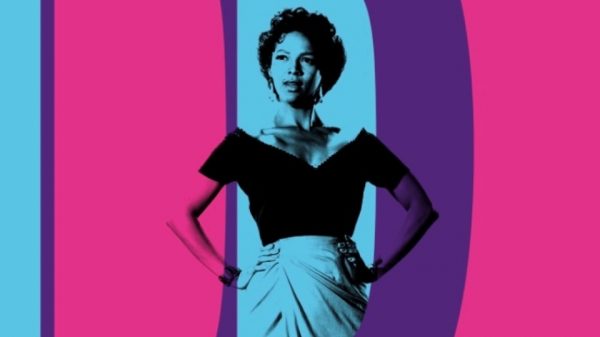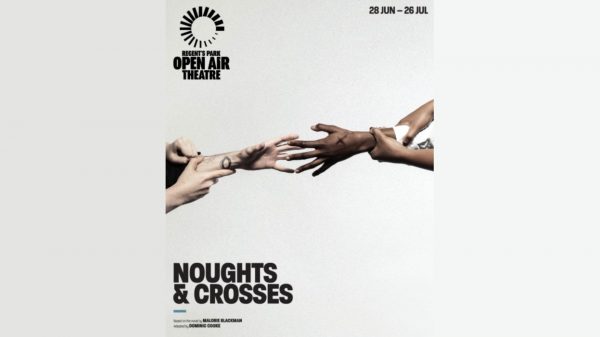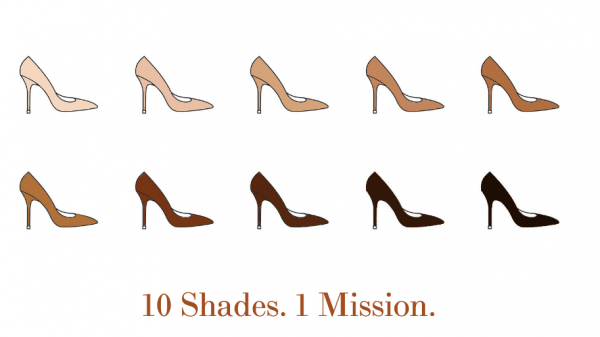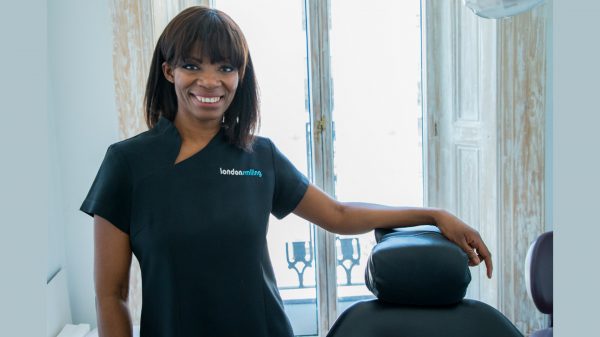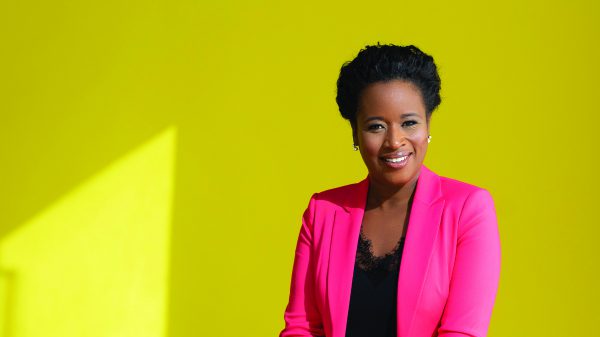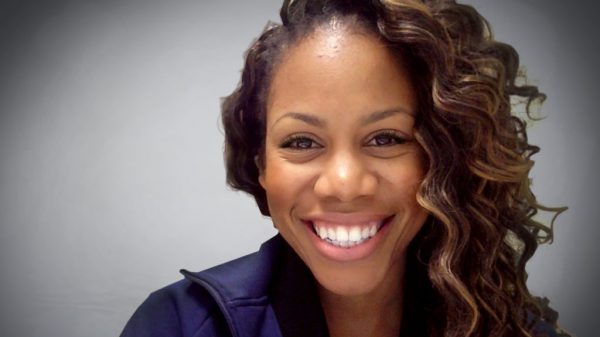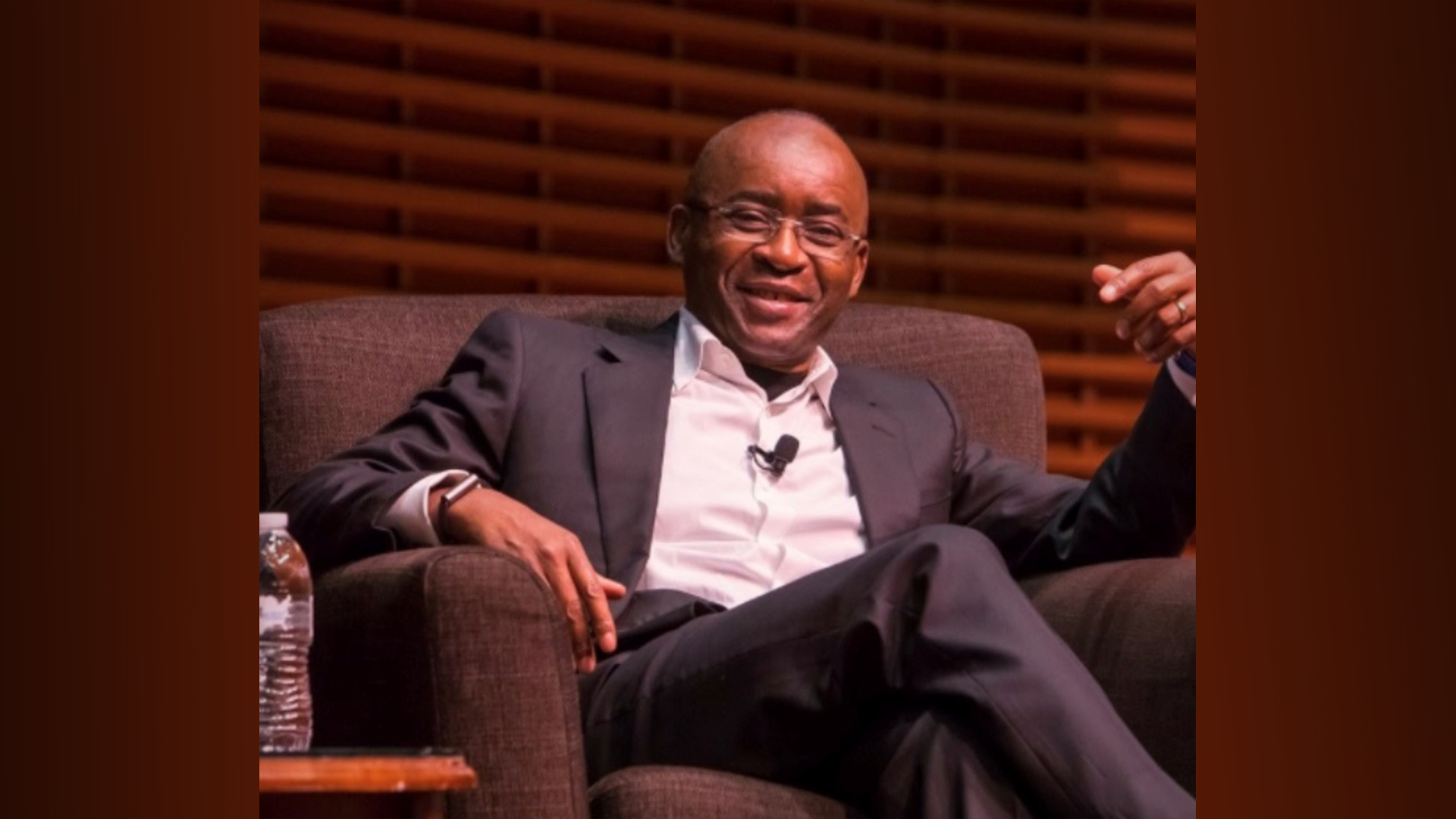He wants many more African entrepreneurs to follow in his footsteps. “Africa has a population of 1.3 billion people, 50 per cent of whom are under the age of 20, the youngest of any continent. It’s our job to build the digital infrastructure because every step we take creates jobs and we know what happens when young people don’t have jobs. You get Boko Haram, Al-Shabab, child soldiers in Liberia.”
Strive Masiyiwa was born in the townships near what was then Salisbury, Rhodesia — now Harare, Zimbabwe. The family house did not have a phone. Few Zimbabweans did back in the Sixties — most had never even heard one ring. Fast forward only a couple of generations and today almost all Africans have mobile phones, many with a web connection. The reason? “We’ve spent $3.5 billion plumbing the continent with fibre-optic cable from the Cape to Cairo, using picks and shovels,” Masiyiwa says.
The “we” he’s talking about is one of his firms, Cassava Technologies, which is based in London. Its subsidiary, Liquid Intelligent Technologies, has dug more than 60,000 miles of trenches alongside potholed highways and dust roads from South Africa through the whole of sub-Saharan Africa to Egypt. More than 10,000 African telecoms companies and large businesses in more than 20 countries rent bandwidth on the network, generating revenues of $800 million a year. Liquid is also the biggest data centre provider across Africa.
Masiyiwa, 61, runs his own businesses on the network, notably Sasai, an all-purpose communications, social media and global mobile phone banking app designed for use in Africa, and a mobile money service called EcoCash in Zimbabwe, Lesotho and Burundi. Along the way he has founded and floated scores of mobile phone operators across the continent and built South Africa’s 5G network for Vodafone. “Only Coca-Cola operates in more African countries than us,” he says, laughing.
His success has made him Britain’s first black billionaire, worth £2 billion on this year’s Rich list, although he prefers not to advertise it. Yes, he now lives in a vast mansion in a Surrey private estate beloved of oligarchs after leaving Zimbabwe 22 years ago. But he’s wearing no-label sneakers, chinos and the kind of knitwear that could be from Zara unless you’re really in the know. (It’s Loro Piana, since you ask.)
He wants many more African entrepreneurs to follow in his footsteps. “Africa has a population of 1.3 billion people, 50 per cent of whom are under the age of 20, the youngest of any continent. It’s our job to build the digital infrastructure because every step we take creates jobs and we know what happens when young people don’t have jobs. You get Boko Haram, Al-Shabab, child soldiers in Liberia.”






